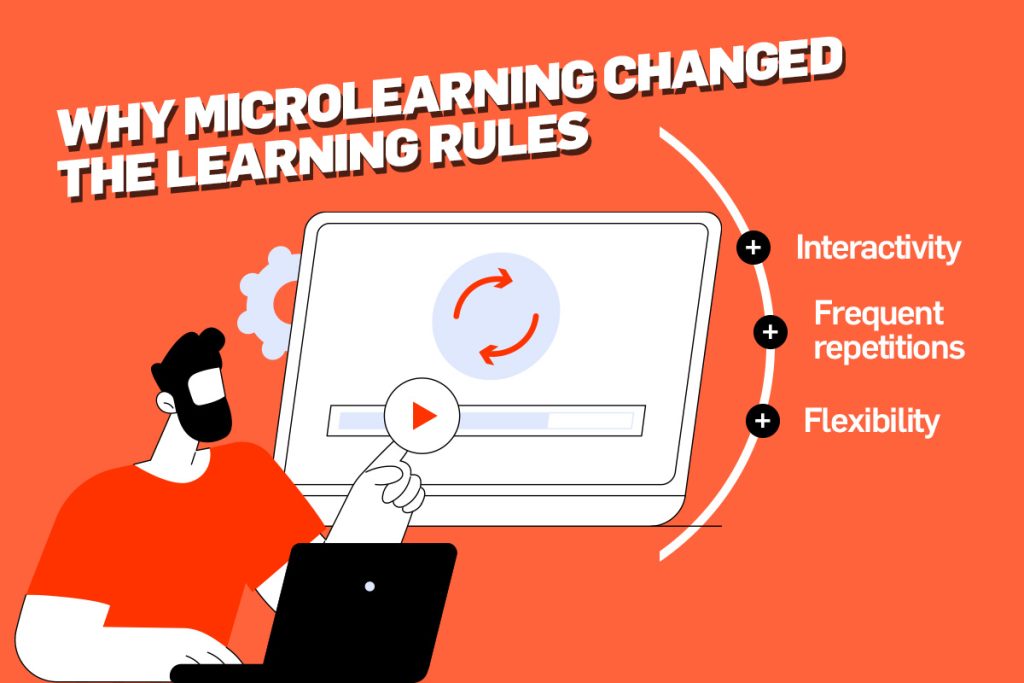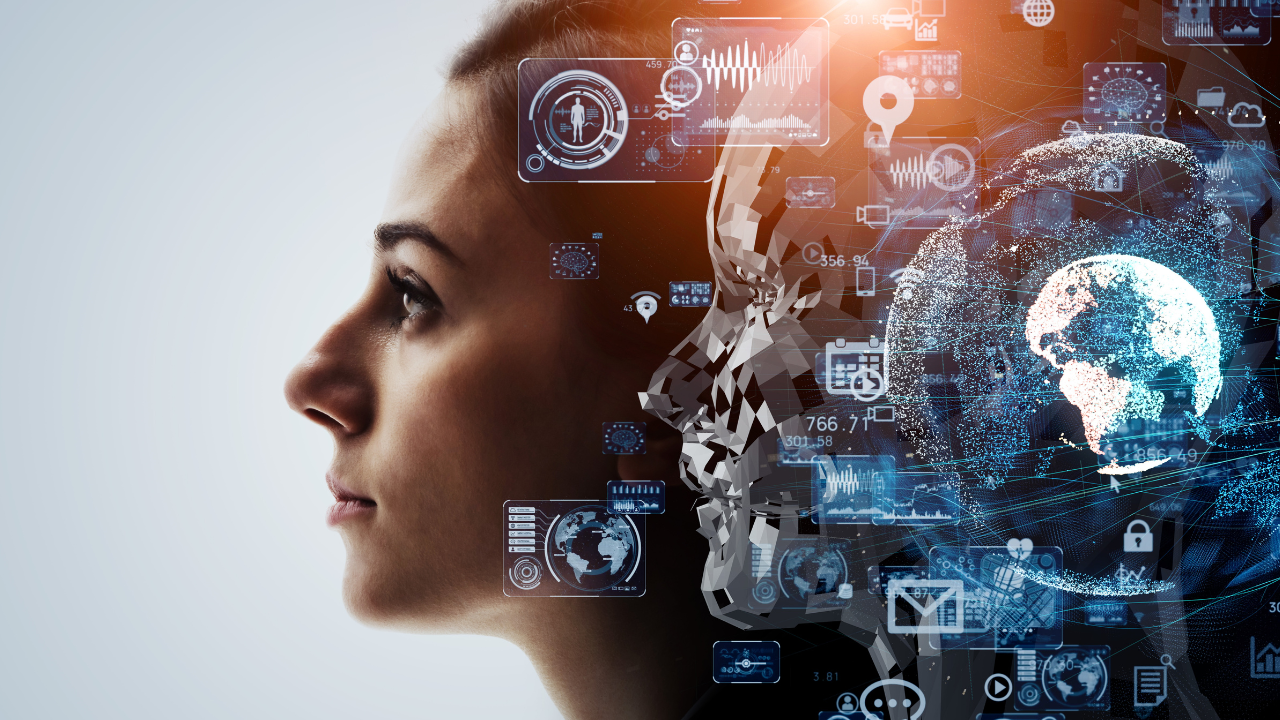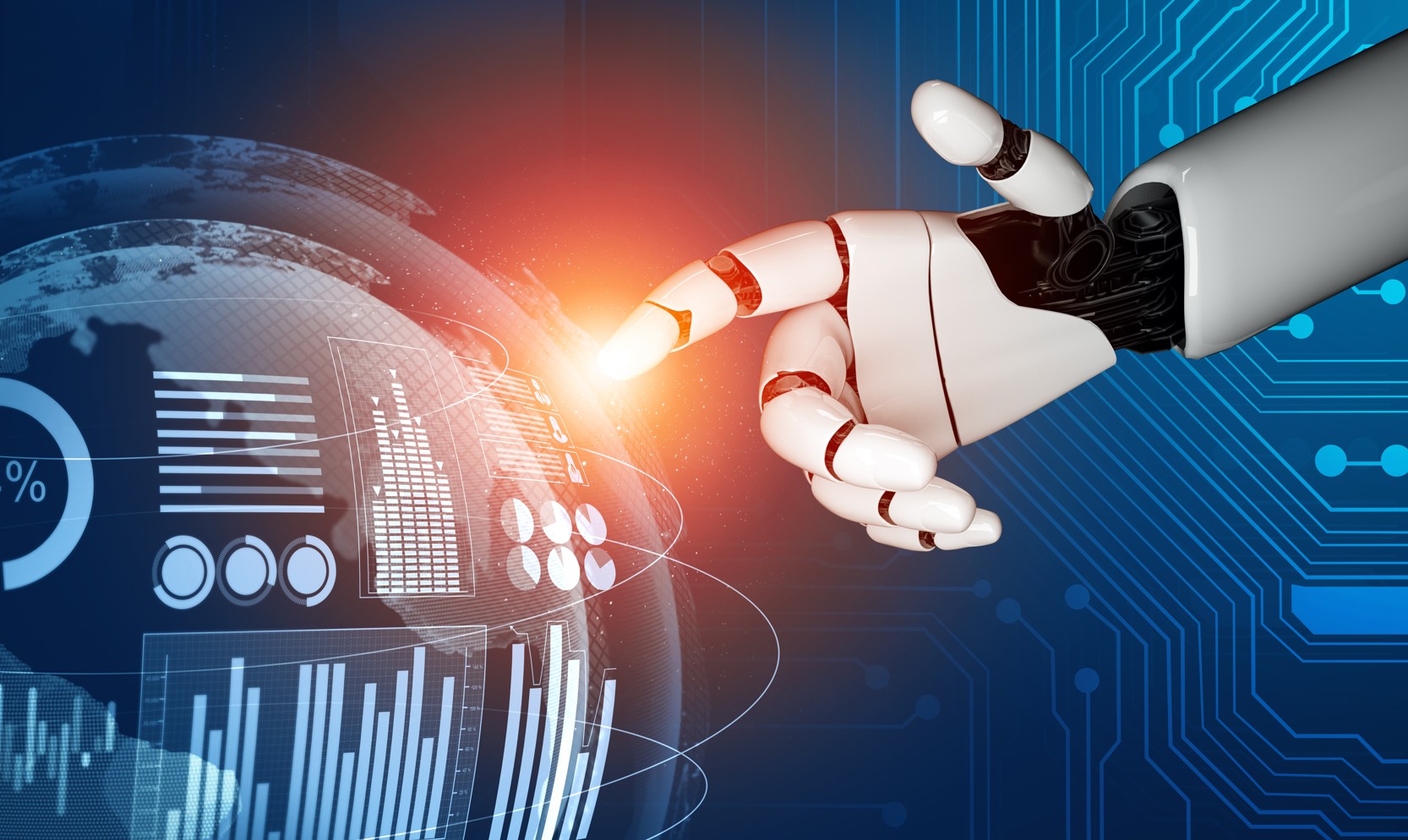Today, mobile devices have become an integral part of our daily lives. With the widespread availability and increasing capabilities of smartphones and tablets, mobile learning, or m-learning, has emerged as a powerful educational approach.
What is m-learning
Mobile learning, or m-learning, refers to the use of mobile devices, such as smartphones and tablets, to deliver educational content and facilitate learning experiences. It harnesses the portability and interactivity of mobile technology to give learners access to information and learning resources anytime, anywhere. M-learning encompasses a wide range of activities, including accessing online courses, participating in virtual classrooms, engaging with educational apps, and consuming educational content via mobile apps.
Accessibility and convenience
One of the key advantages offered by m-learning is accessibility. Mobile devices are portable and ubiquitous, allowing learners to access educational content and resources on the go. Whether commuting, waiting in line, or at home, learners can take advantage of downtime to engage in learning activities. This flexibility and convenience make learning more accessible to a wider range of learners, including those who may have time or geographical constraints.

Personalized learning experience
Thanks to mobile learning, the learning experience can be personalized and tailored to individual preferences and needs. With m-learning apps, learners can set their own pace, choose specific topics of interest, and access learning materials according to their learning style. Adaptive learning technologies integrated into mobile apps can provide personalized recommendations, assessments, and feedback, increasing the efficiency of the learning process.
Interactive and engaging learning through mobile learning
Mobile devices offer a wide range of interactive features such as touch screens, multimedia capabilities, and gamification elements. These features can make learning a more engaging and interactive experience. Educational apps and platforms often incorporate elements of games, quizzes, simulations, and multimedia content to increase learner engagement, motivation, and knowledge retention. The ability to interact with educational content in a hands-on and immersive way significantly enhances the learning experience.
Microlearning offered by m-learning
The small-scale nature of mobile content lends itself well to microlearning approaches. Microlearning refers to the delivery of small, concentrated units of content that can be consumed and retained quickly. Mobile devices are ideal for delivering microlearning modules, allowing learners to acquire knowledge and skills in short, digestible chunks.
Mobile Learning, or m-learning, has the potential to revolutionize education by providing learners with accessible, personalized, interactive, and collaborative learning experiences. The convenience and versatility of mobile devices, coupled with innovative apps and educational platforms, offer a new dimension to learning. As technology continues to advance, the adoption of m-learning platforms can unlock opportunities for lifelong learning, professional development, and educational empowerment. By harnessing the power of mobile devices, we can transform education and create a more inclusive and engaging learning environment for learners around the world.
By using an e-learning platform, you can easily deliver content to learners. mindclass offers access to over 650 online courses in over 30 languages. Prepare your team for success using mindclass.





